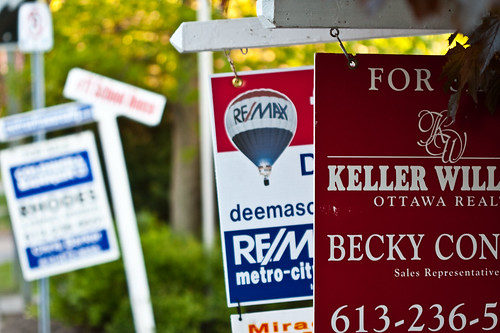 Last week I went to Washington, D.C., with my wife and mother-in-law. As a political science major and later law school graduate, surprisingly I’d never been to our nation’s capital. I had a wonderful time, and hopefully came up with a few blog posts about my trip.
Last week I went to Washington, D.C., with my wife and mother-in-law. As a political science major and later law school graduate, surprisingly I’d never been to our nation’s capital. I had a wonderful time, and hopefully came up with a few blog posts about my trip.
Waiting In Line
There’s no getting around it — when you go to Washington, D.C., you’re going to wait in lots of lines for tickets to enter museums and tours. On the last day of our trip, I was in line at 9:00am to see the Holocaust Museum, which opened at 10:00am. We were cold and hungry, and luckily there is a cafeteria next to the museum, so I went inside to grab some coffee and bagels while my wife held our place in line.
You Want Me To Pay For A Paper Bag?
After getting two coffees, a bagel, a doughnut, and a cookie (I know, I know.. not the healthiest food to eat when you’re out of town!), I realized I needed a bag to carry all that stuff outside. When I asked the clerk, she said she had to charge me 5 cents for a paper bag. Seeing the perplexed look on my face, she further explained that D.C. had become the first American city to institute a bag fee. The effort would help reduce waste, and the money collected by the fee would go to help clean up the nearby Anacostia River.
Rationally Irrational Behavior
Instinctively, I declined to pay for a paper bag. Why on Earth would I pay extra for it? But once I realized I couldn’t physically carry two burning hot coffees with sketchy lids plus our snacks, I decided to have a moment of clarity and decided to drop a nickel on a paper bag.
Behavioral Economics
It is funny how even the smallest monetary charge deters us from a purchase. Reports have D.C.’s plastic bag consumption down 60%! This means people have gone with reusable grocery bags or just try to carry their groceries out by hand. Of course, it also can have negative economic consequences — there are some people who have chosen to pick up groceries in nearby Virginia or Maryland, with possible higher sales taxes, just to avoid paying 5 cents for a bag!
I find it fascinating that the deterrence has nothing to do with the amount of the charge, but in confronting citizens and forcing them to choose to accept an additional 5 cents/bag on each transaction. Similarly, we are manipulated when we use plastic over cold, hard cash. Plastic is painless to swipe, but cash is more of a physical & mental transaction, and you are likely to spend less money when using cash.
Point is, we are all human beings, and subject to subtle manipulation in our financial habits, which have an effect on our lives in different ways. If this new bag tax doesn’t affect D.C.’s economy, I think it was a great way for the District to promote conservation & recycling. Of course, it’s a bit IF, so we’ll see how it shakes down.
What about you — would you pay 5 cents per bag? Are there other instances of ‘behavioral economics’ where you are encouraged/manipulated into making certain financial choices?
Follow me on Twitter
.
Politics
bag tax, behavioral economics, D.C., lincoln, tax

 Last week I went to Washington, D.C., with my wife and mother-in-law. As a political science major and later law school graduate, surprisingly I’d never been to our nation’s capital. I had a wonderful time, and hopefully came up with a few blog posts about my trip.
Last week I went to Washington, D.C., with my wife and mother-in-law. As a political science major and later law school graduate, surprisingly I’d never been to our nation’s capital. I had a wonderful time, and hopefully came up with a few blog posts about my trip.


Most Recent Comments